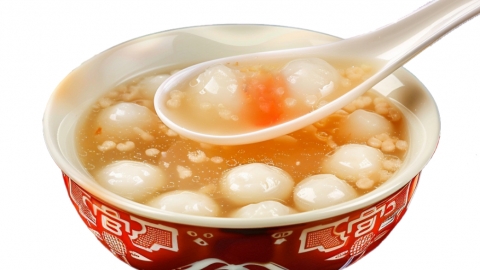Can patients with vitiligo consume glutinous rice wine?
Patients with vitiligo may cautiously consume small amounts of rice wine with extremely low alcohol content. However, those experiencing active disease phases, undergoing immunotherapy, or with alcohol allergies must strictly avoid alcohol. If uncertain, it is recommended to seek medical advice in advance. Detailed explanations are as follows:

If vitiligo is stable and there are no concurrent autoimmune diseases, and the patient has been assessed by a physician as having no alcohol metabolism issues, occasional consumption of up to 50 ml of rice wine containing ≤1% alcohol may not directly trigger disease worsening. Some patients may benefit from the B vitamins and probiotics in rice wine, as moderate intake may help improve the intestinal microecology and indirectly assist nutrient absorption.
However, if white patches are rapidly spreading, alcohol may stimulate abnormal immune responses, accelerating destruction of melanocytes, particularly by activating Th17 cell-mediated inflammatory reactions. If the patient is currently using corticosteroids, JAK inhibitors, or undergoing phototherapy, alcohol may increase the liver's metabolic burden, reduce drug efficacy, and heighten the risk of photosensitivity reactions. For vitiligo patients with concurrent liver dysfunction, diabetes, or hyperuricemia, the alcohol and sugar content in rice wine may exacerbate metabolic disturbances and indirectly affect disease control.
Nutrition for vitiligo patients should focus on reducing oxidative stress and maintaining immune balance. Priority should be given to foods rich in copper, zinc, and vitamin E, such as nuts and deep-sea fish. Before consuming rice wine, patients should confirm their disease stability with their attending physician. After consumption, they should closely monitor for any abnormal reactions such as redness or itching at the edges of the white patches. If such symptoms occur, consumption must be stopped immediately and medical attention sought.






